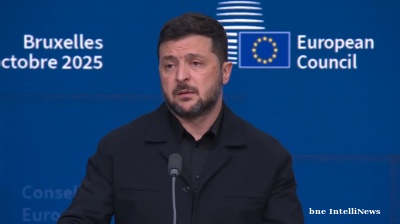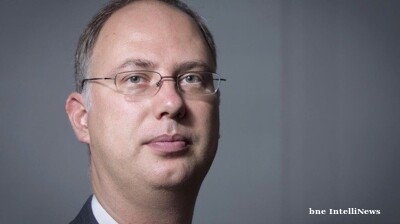A paediatric surgeon and academic at the University of Pittsburg has cast serious doubt on the testing kits and results process Turkey has used to make its astonishing claim that the country has recorded just one coronavirus infection.
Dr Ergin Kocyildirim wrote in a March 11 article for The National Interest: “Thus far, Turkey has been using its own virus detection (real-time PCR [polymerase chain reaction]) kits. Those kits are produced and manufactured in Turkey by an authorized private company funded by governmental institutional grants. National Virology Lab has also contributed to the development of a fast-reacting kit where the results can be read in as short as ninety minutes.
“Existing conventional PCR testing might take about twenty-four hours. Turkey claims its test is the fastest and the most accurate test in the world. The Minister of Health also mentioned several times that the test has been exported to several countries including the United States. To my knowledge, there’s not a single institution or lab present in the United States using Turkish coronavirus detection kits.
“Also, until today, those tests were all performed at a central testing facility; every hospital sent samples to the nation's capital. To date, Turkey has done about 2,500 tests. The lack of any identified cases provoked suspicion because if the test is negative, there was no other way to prove that the test might be positive.”
March 12 also brought a report from Ahval in which the publication said a source at a privately owned hospital in Istanbul had told it that the government was controlling the distribution of kits and not allowing hospitals to independently order alternatives.
Economy “might collapse” from tourism blow
Kocyildirim, a paediatric cardiothoracic surgeon and an assistant professor in the Department of Cardiothoracic Surgery at the University of Pittsburg’s School of Medicine, also observed that “Turkey has an ongoing economic crisis and relies on tourism revenue. If tourists are going to stop visiting Turkey, this year the economy might collapse. This could also be one of the reasons for not reporting a positive case for such a long period.”
Apart from its one official case of infection, Turkey, with a population of towards 83mn, has remained the only unaffected country among other countries with a population above 50mn people. The country shares a border with Iran, which by late on March 11 had reported more than 10,000 coronavirus patients and 429 deaths. Turkey, noted Kocyildirim, also has one of the busiest airports in its region, namely new mega airport, Istanbul Airport. Turkish officials have been using thermal imaging cameras to screen arrivals for fever. President Recep Tayyip Erdogan is also making use of such a camera.
Kocyildirim also complained that Turkey’s media ownership structure is preventing citizens from receiving reliable information on the coronavirus. He wrote: “As the world’s biggest jailer of professional journalists, the Turkish government is continuing its efforts to censor social media,” adding that “the government [has] promised to take legal action against social media users or journalists who criticized its coronavirus detection approach”.
The International Monetary Fund (IMF) has announced $50bn of support for countries hit by the coronavirus. “This coincidental timing was not lost on some social media users, who joked that the timing of the first coronavirus confirmation in Turkey came as the IMF said it is making money available to only help the affected countries,” Kocyildirim noted.
News
.jpg)
US senator tells Maduro "head to Russia or China" as warships close in on Venezuela
A senior US Republican senator has warned that Venezuelan President Nicolás Maduro's time in power is running out and suggested he leave the country, as military tensions in the Caribbean continue to escalate.

Milei celebrates resounding victory in Argentina's midterm elections
Argentine President Javier Milei scored a major win for his La Libertad Avanza (LLA) party in Argentina's October 26 midterm legislative elections, as the party obtained approximately 40.84% of the nationwide vote with 99.14% of the votes counted.

Zelenskiy accuses China of aiding Russia’s war effort through industrial and military support
Ukrainian President Volodymyr Zelenskiy accused China of materially supporting Russia’s military-industrial complex, providing key technologies and resources that have enabled Moscow to sustain and scale its war effort against Ukraine.

US Treasury Secretary Bessent blasts “Russian propagandist” special envoy Dmitriev in Washington PR debacle
A trip to Washington by the Kremlin’s special business envoy Kirill Dmitriev days after the US imposed new oil sanctions turned into a debacle after US Treasury Secretary Scott Bessent blasted him as a “Russian propagandist.”




